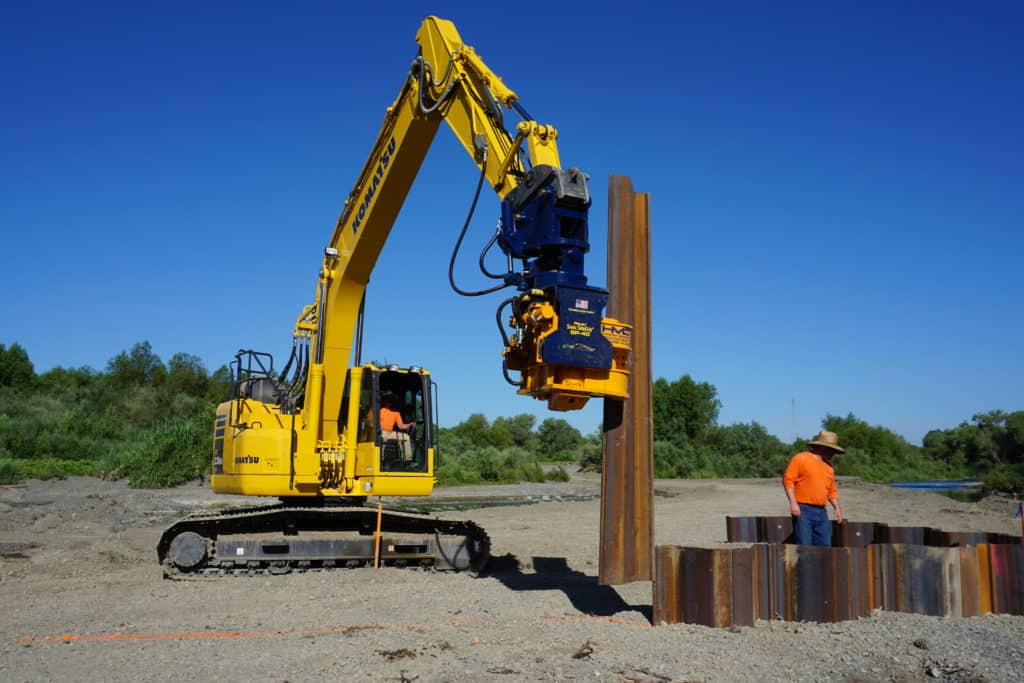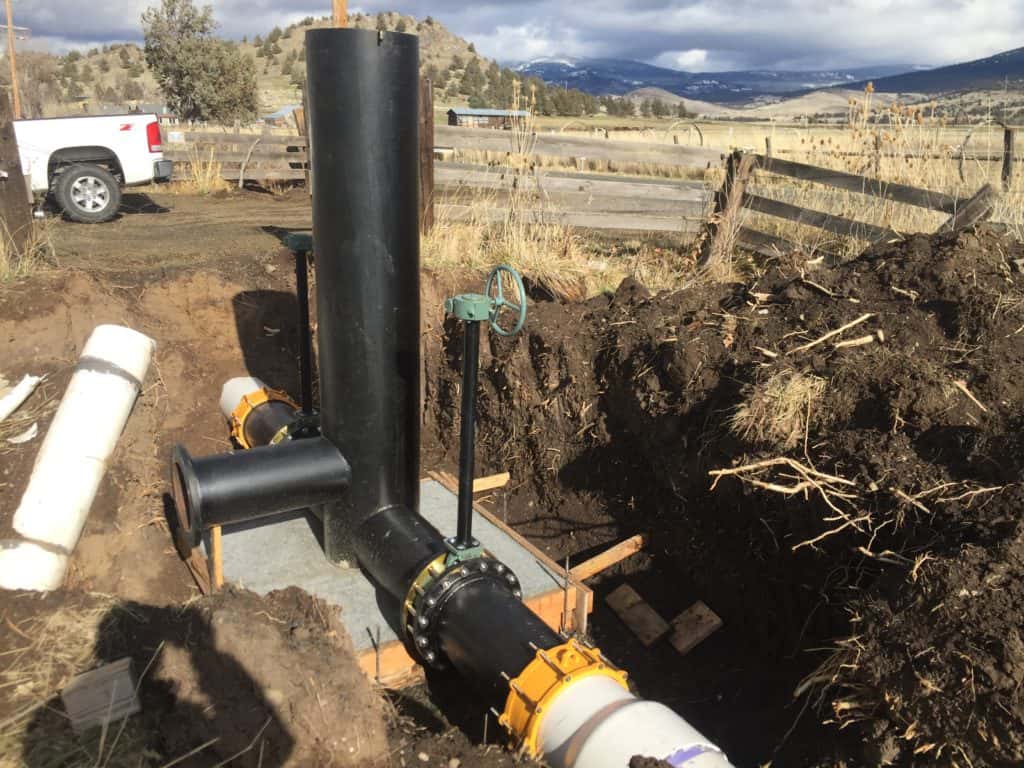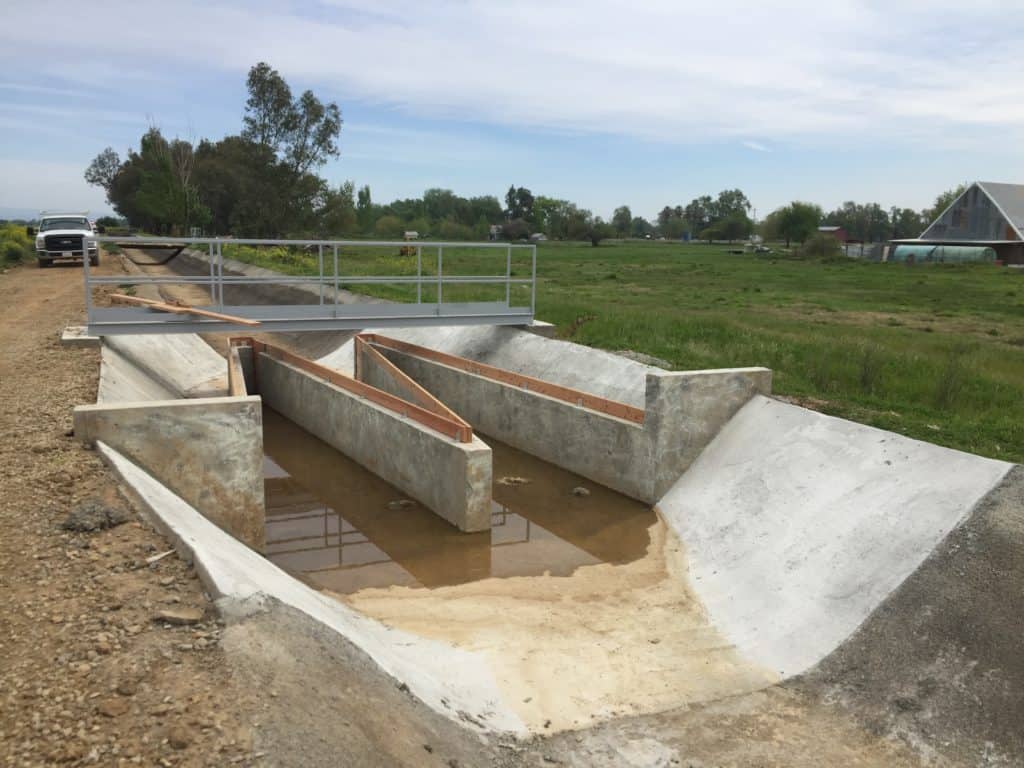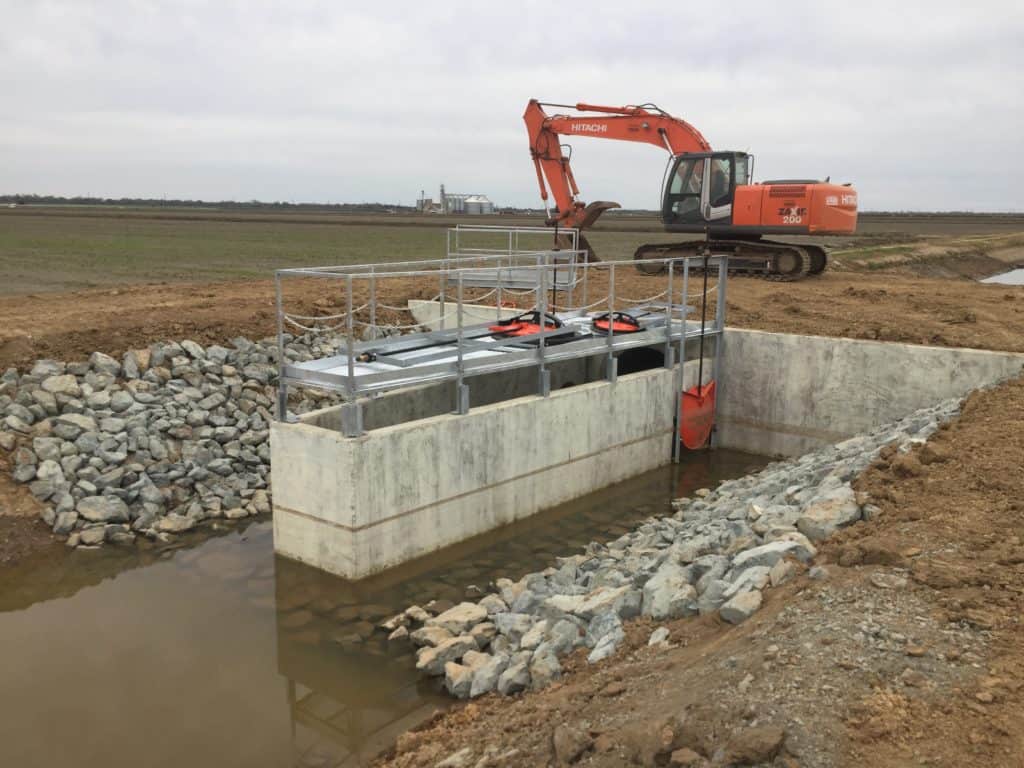Water infrastructure that can be operated and maintained efficiently and effectively is a foundational requirement for good water management. Davids Engineering provides a broad range of engineering services to support the planning, design, and construction of facilities for irrigation and drainage at scales ranging from individual fields to entire irrigation districts. Our focus is on developing the best facility to meet a given need in a manner that provides high-quality operations in a practical and cost-effective manner.
Facilities modernization services typically include:
Facilities modernization services typically include:
Performance Monitoring
We are all about feedback loops. Implementing programs to monitor and evaluate how the project performs relative to established criteria is often essential for state and federal grant funders, but also for our clients to see the value in their investment. Post-project performance data informs future projects to ensure that we’re constantly evolving and improving where necessary.
Construction Management
A successful infrastructure project requires successful and skilled execution of both the design phase and the construction phase. We provide engineering services during the construction phase to ensure that the project is successfully bid, awarded, contracted, constructed, and closed out.
Permitting
Most, if not all projects, require some level of permitting and or environmental compliance. Our experience with these processes enables projects to be conceptualized with permitting and environmental constraints in mind. Additionally, DE has developed strategic partnerships with qualified biologists and environmental and regulatory permitting specialists to guide projects through to construction.
Facility Design
Once facilities improvements are identified, Davids Engineering prepares final designs and specifications for construction. We also provide construction management services, including bidding and award support, contract administration, construction inspection and testing.
Facility Planning
Facilities planning services include conceptual, reconnaissance, and feasibility level evaluations to identify and evaluate alternative improvements. The planning process generally includes mapping, benchmarking of existing facilities and operations, determination of required capacities and other design parameters, estimation of up front and life cycle costs, cost-benefit analysis, and reporting. Improvements range from rehabilitation or modernization of existing facilities to development of new or replacement irrigation and drainage systems.



